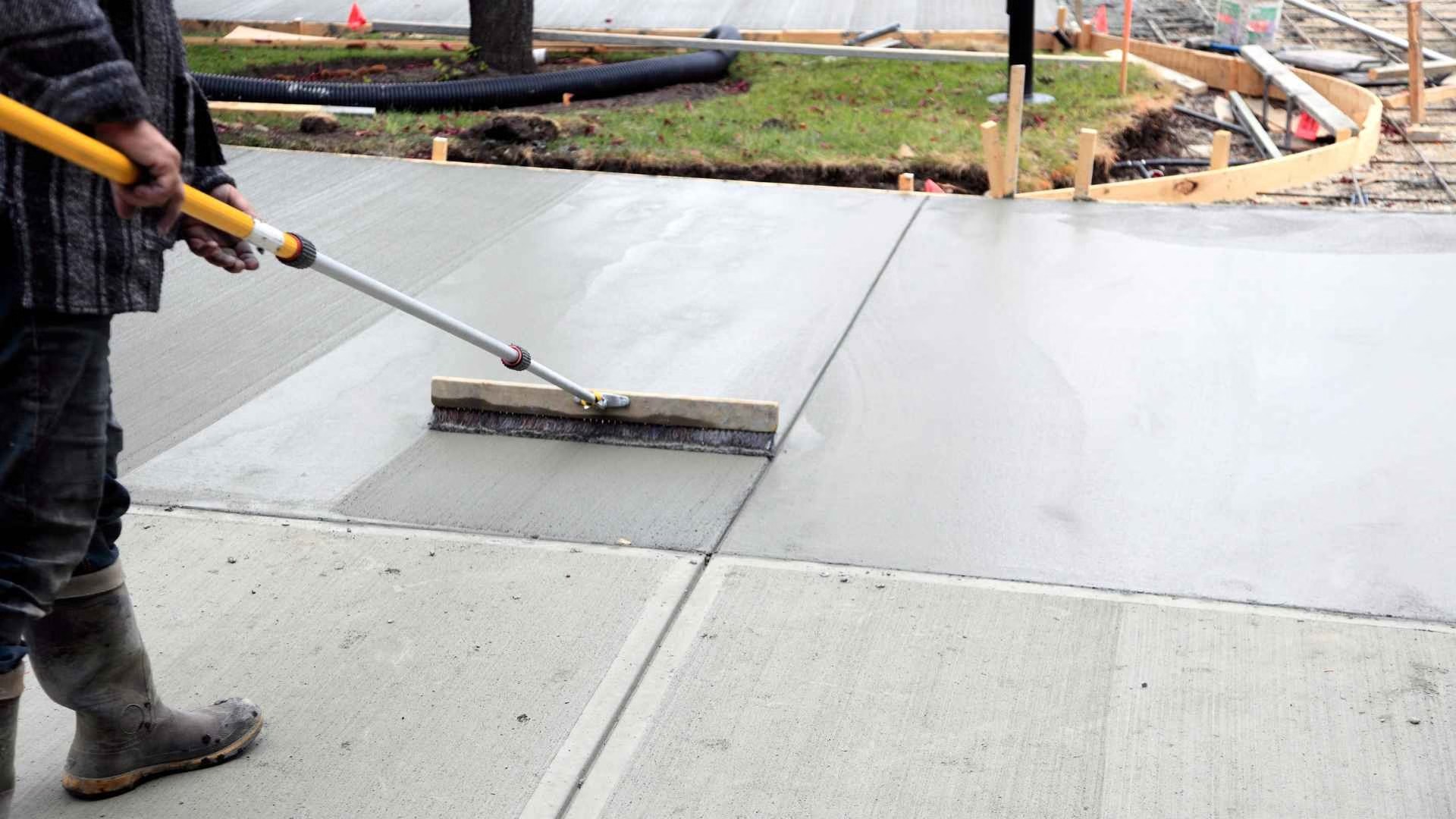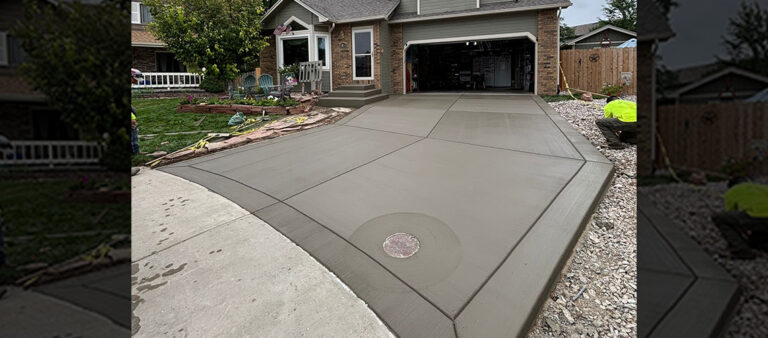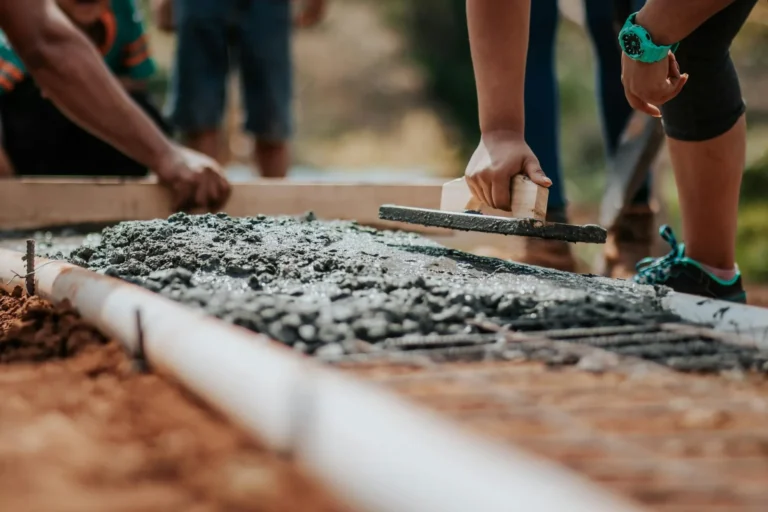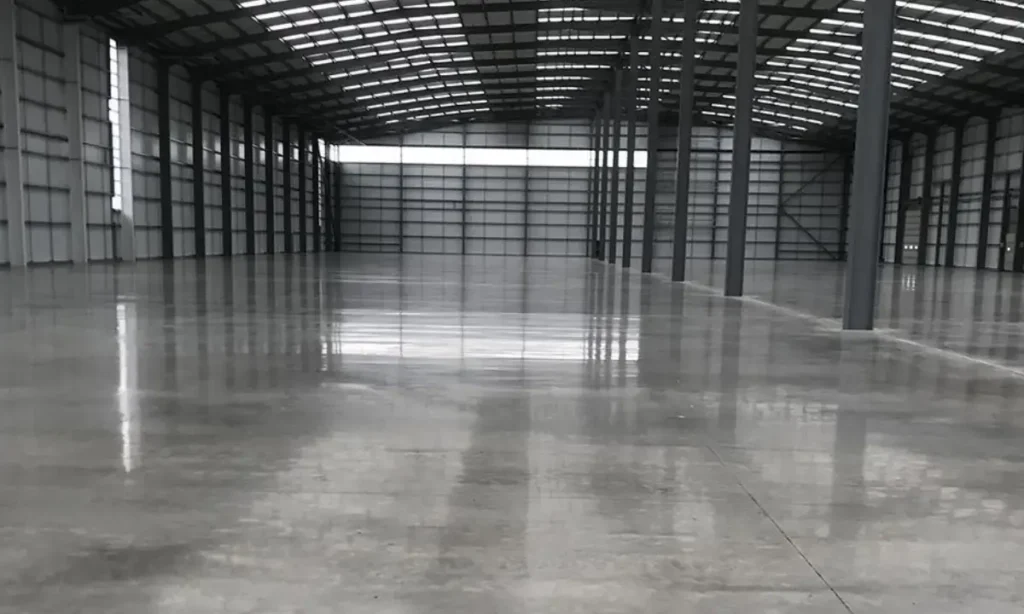Welcome to Hugos Concrete, your go-to resource for all things concrete care! Today, we’re tackling a critical winter maintenance topic: the detrimental effects of salt on concrete surfaces. While salt might seem like a quick fix for icy conditions, it’s actually a silent culprit that can undermine the integrity of your concrete.
Join us as we delve into the reasons why steering clear of salt is essential for safeguarding your concrete investments.
Why Salt Spells Trouble for Concrete:
Salt, especially the common sodium chloride variety, is a go-to de-icing agent for many homeowners and businesses. However, its corrosive nature poses significant risks to concrete structures.
When salt interacts with moisture on concrete surfaces, it creates a saline solution that infiltrates the pores of the material.This infiltration sets off a destructive cycle, leading to erosion, cracks, spalling, and overall deterioration.
Understanding the Ramifications:
The damage inflicted by salt extends beyond mere aesthetics, compromising the structural soundness of your concrete. Cracks and spalling not only detract from your property’s appearance but also pave the way for further water penetration. Over time, this infiltration exacerbates the damage, potentially necessitating costly repairs or even complete replacement.
In Northern Colorado, where winter conditions often require the use of de-icing agents, it’s important to be aware of the impact salt can have on your concrete surfaces. Our comprehensive guide delves into the cost-effective strategies for planning your concrete pour installation in Northern Colorado, including how to protect your investment from the harmful effects of salt
Alternative Solutions to Salt:
Fortunately, there are several safer alternatives to salt that offer effective ice and snow removal without endangering your concrete:
- Calcium Chloride: Unlike sodium chloride, calcium chloride boasts superior de-icing capabilities without posing as much risk to concrete surfaces. It generates less heat upon dissolving, minimizing the likelihood of damage.
- Sand: Opting for sand as a traction aid is a concrete-friendly alternative to chemical de-icers. It provides traction on icy surfaces without causing any harm to your concrete, and it can be easily swept away once the ice melts.
- Prompt Snow Removal: Embrace the proactive approach of promptly shoveling snow after each snowfall. By preventing snow buildup and subsequent ice formation, you can significantly reduce the need for de-icing altogether.
Conclusion:
When it comes to winter maintenance, prioritizing the longevity of your concrete is paramount. By steering clear of salt and exploring alternative de-icing methods, you can preserve the strength and beauty of your concrete surfaces for years to come. At Hugos Concrete, we’re committed to equipping you with the knowledge and resources to protect your concrete investments.
Don’t let salt sabotage your concrete’s integrity. Reach out to Hugos Concrete today for more ways to safeguard your concrete surfaces against winter’s chill.





